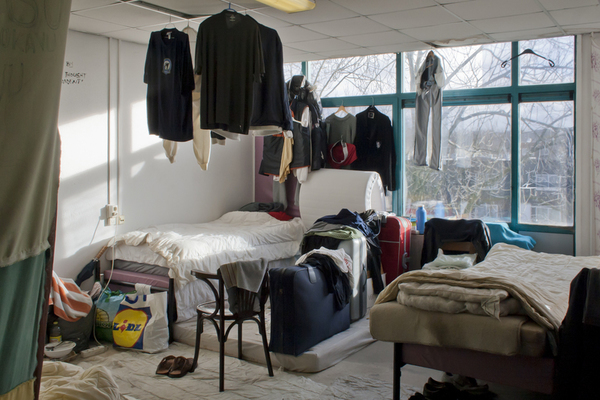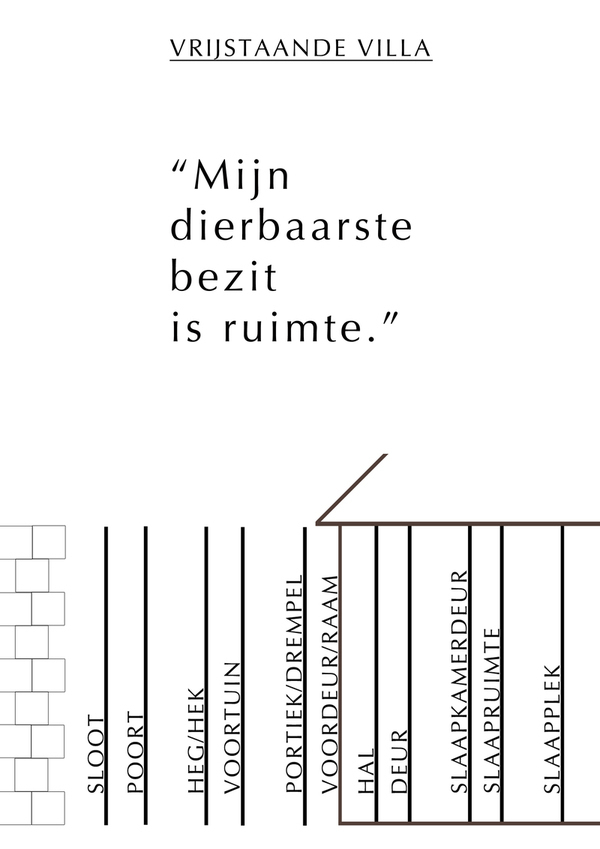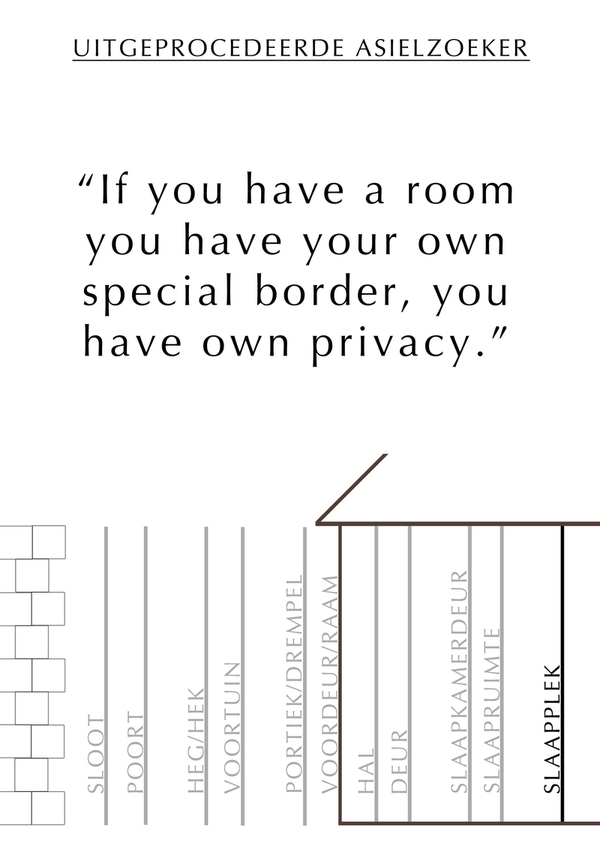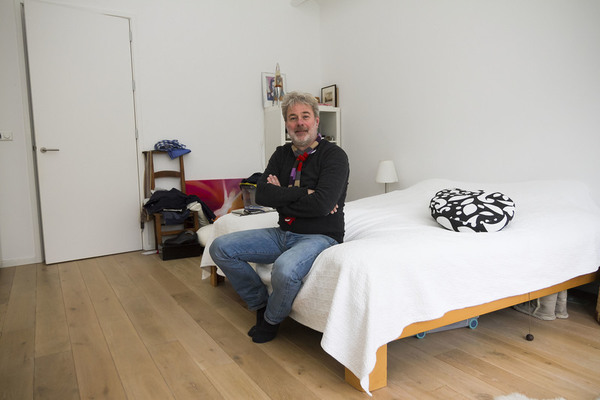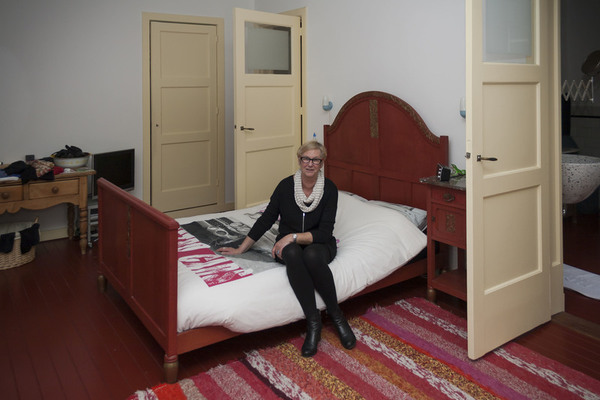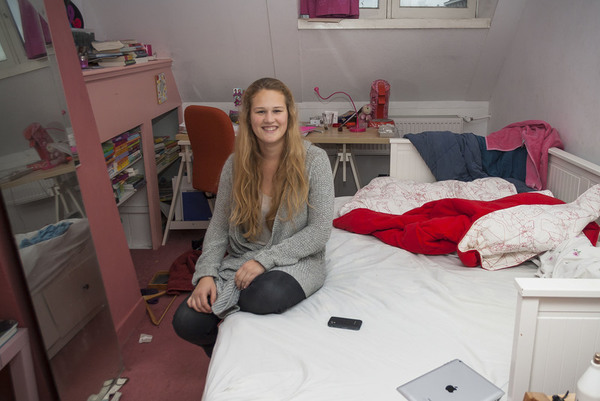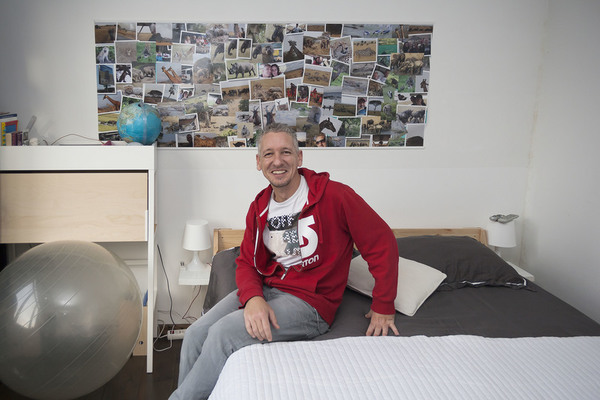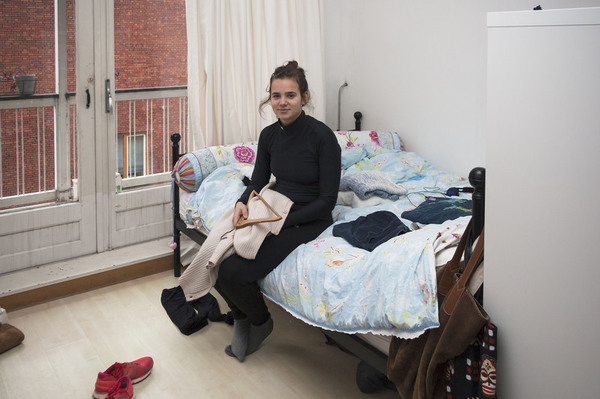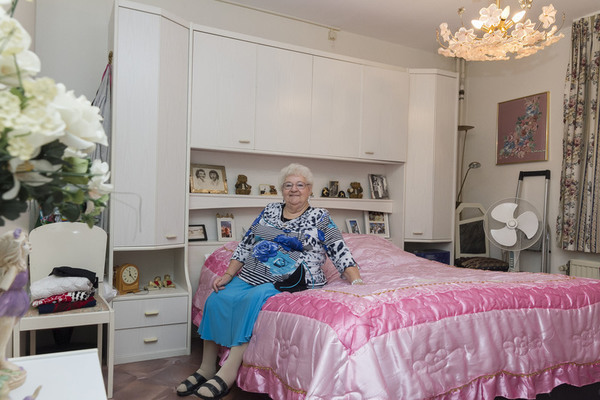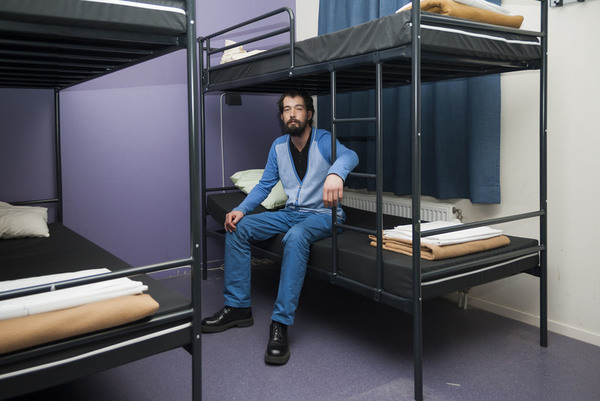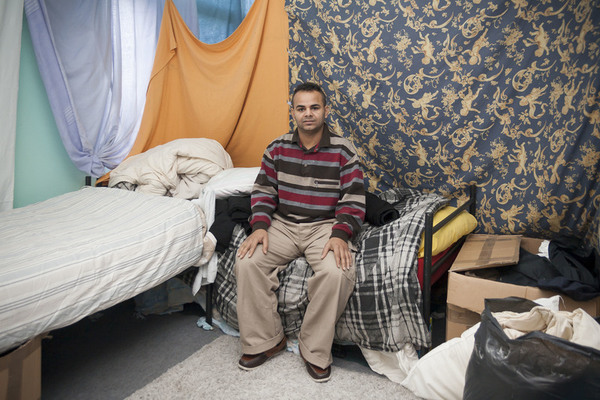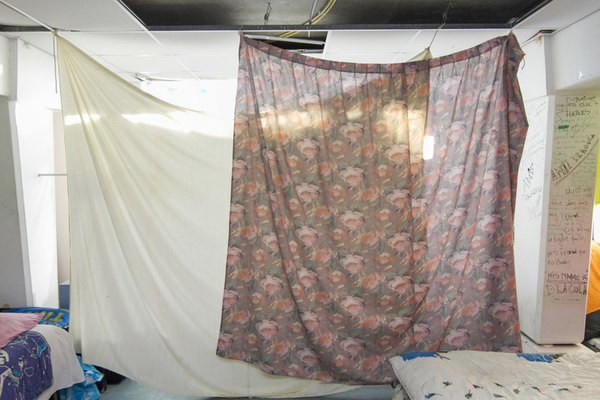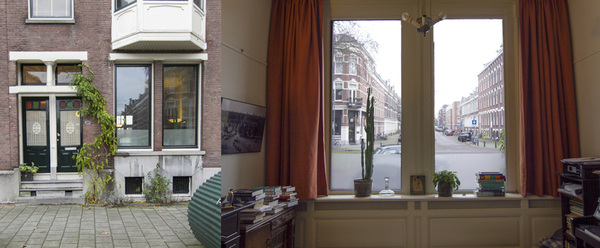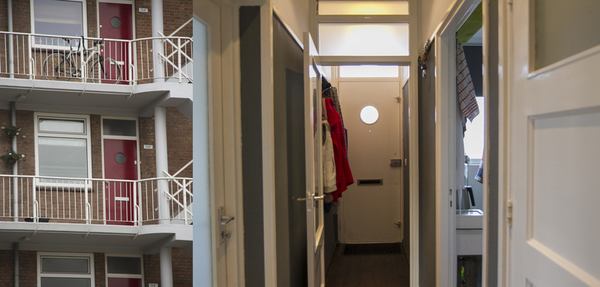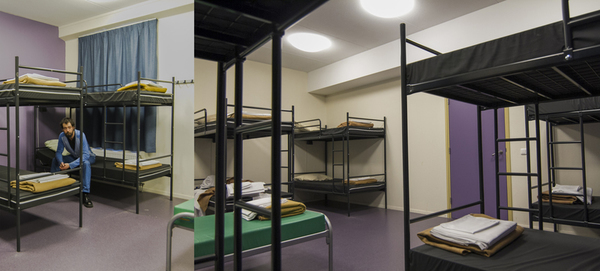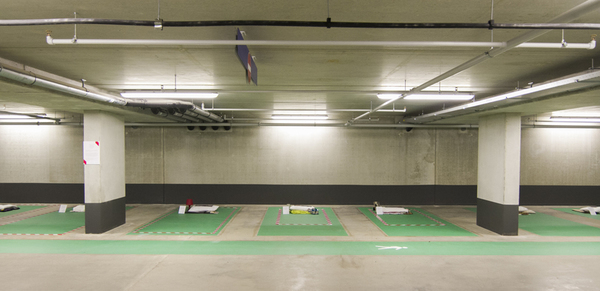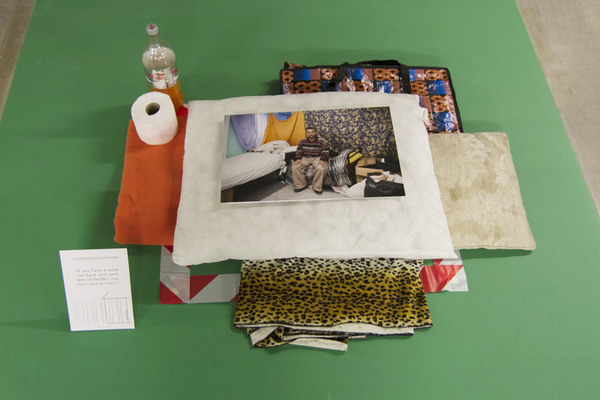This is my border this is my space
Contents
Authors: Liza Koch and Lou Muuse
In our project in the minor Cultural Diversity, we visualized territorial behavior from the front yard to the bunk bed. We came up with six different income categories by defining their private borders. Most of the time the size of your private space is associated with affluence. The lower the financial resources you have, the less space you have. The space you have is divided into different zones leading to the ultimate private spot: the bed.
The need for privacy is universal yet individually diverse. And over the years much has changed in how people interact with space. Today, in western culture, the bathroom and toilet are an intimate place, but this wasn't always the case. In other cultures these spaces may be experienced as less intimate. In contradiction to the toilet and bathroom, the bedroom has never changed in terms of intimacy. The sexual meaning has always been the same and therefore this space is always shielded, visible or invisible. The most effective way to create some kind of privacy is to obscure the view. Visibility can be removed by very primitive means, for example by pulling a blanket over your head or hanging a cloth or curtain. For this project we broke through different boundaries and photographed the individuals in their most intimate place in their residence: their beds.
A project by Liza Koch and Lou Muuse, both studying at the Willem de Kooning Academy, with a minor in Cultural Diversity.
Links
CONTRIBUTE
Feel free to contribute to Beyond Social.
